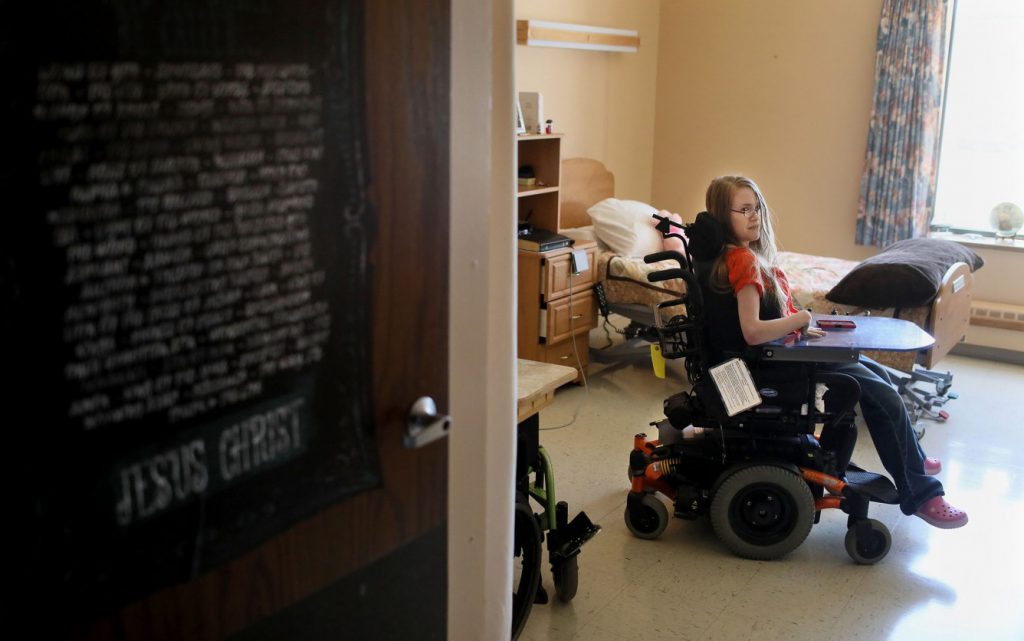How government incentives shaped the nursing home business – and left it vulnerable to a pandemic
Originally published November 27, 2020 by Washington Post

Korrie Johnson, who has cerebral palsy, spent months living in a nursing home because she was unable to find reliable home care. Under the proposed Disability Integration Act, individuals with disabilities would have the right to access community-based services and states and insurers would be required to pay support workers adequate wages to prevent workforce shortages that limit access to care in the community. (David Joles/Star Tribune/TNS)
Continuing financial support for nursing homes with poor health inspection and infection control records has brought to wider attention what one health policy specialist described as the “perverse” incentives shaping facilities’ business models. Because of differing rates of Medicaid and Medicare reimbursement, nursing homes have prioritized rehabilitation services, leaving long-term residential care relatively neglected and underfunded.
Read the full story from Washington Post here.
This entry was posted in News, Outside CDS.
